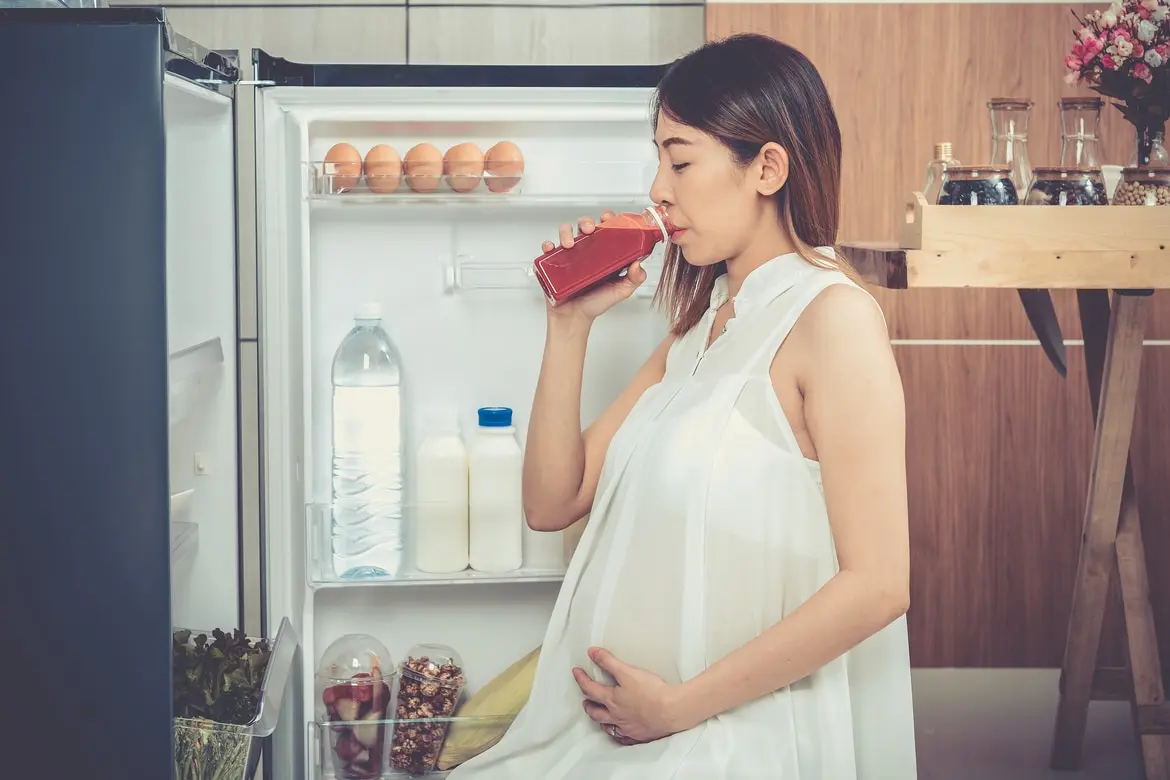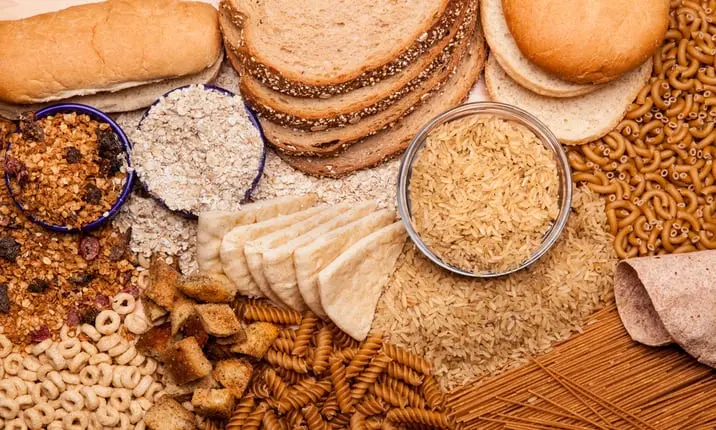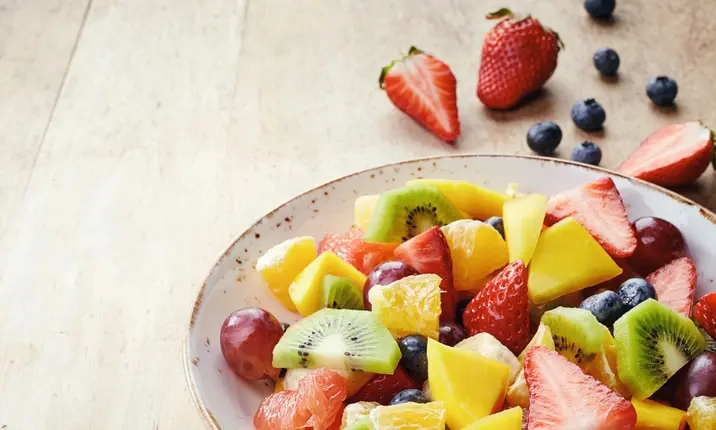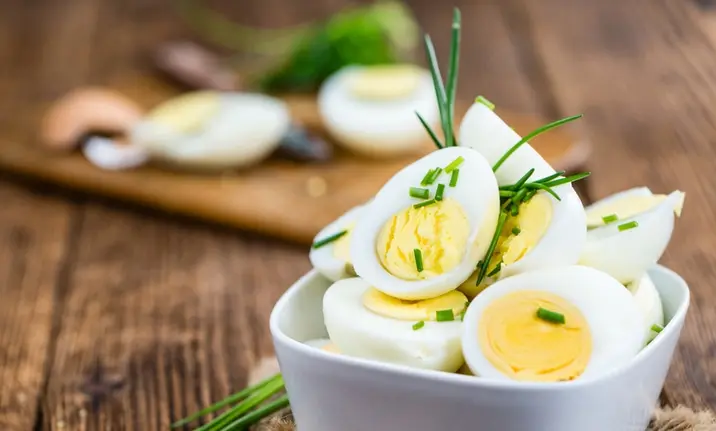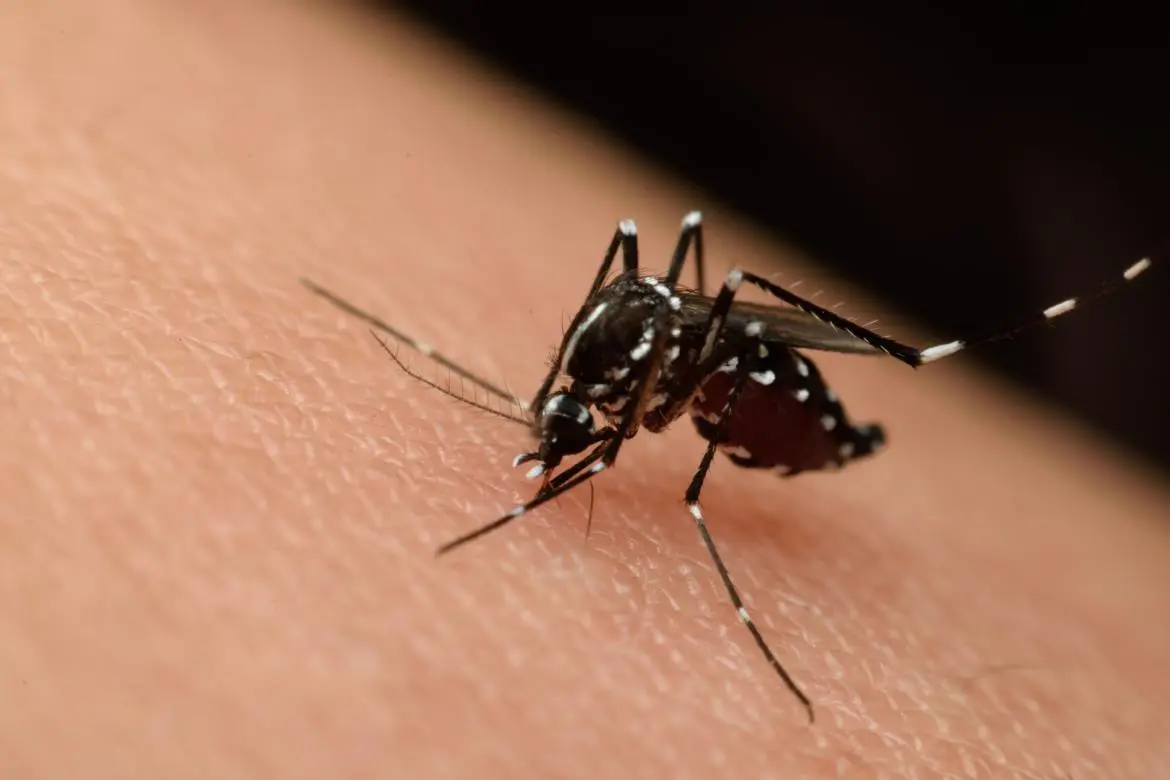Although your appetite may increase during pregnancy (and you should definitely eat adequate portions so you are not left hungry), pay extra attention to the food you are eating and the amounts you are consuming. Did you know that food quality matters more than food quantity?
Here are 10 superfoods that are good for pregnant women to eat to help ensure a healthy pregnancy. If you're in doubt, speak to your obstetrician & gynaecologist (O&G).
1. Fatty fish (ie. salmon and cod)
Salmon and cod are great sources of omega-3 fatty acids and protein. Omega-3 fatty acids are good for the heart and can promote fetal brain development.
Salmon is a fantastic provider of docosahexaenoic acid (DHA), an omega-3 fatty acid that is a primary structural component of the human brain, cerebral cortex, skin, and retina. Salmon also contains calcium and vitamin B12. When choosing salmon, it is best to go for wild salmon as they have superior nutrition, lower levels of contaminants, and are better for the environment as compared to farmed salmon.
Cod is a low-level mercury fish that is considered safe for pregnancy. During pregnancy, you can safely eat up to 6oz of cod per month. You can also choose to have your omega-3 fatty acids through cod oil supplements.
2. Lean meat (ie. chicken, pork, beef)
Lean meats are a good source of protein to support your baby's growth, and have fewer calories than non-lean meats. Go for breast meat, lean minced pork/chicken, and grass-fed beef where possible. In the case of beef, grass-fed beef is not only lean, but also juicer than its grain-fed sibling! You can also take extra caution by not consuming the fatty parts of meat, eg. chicken skin.
Iron Rich foods for pregnancy
Pregnancy increases your blood supply by up to 50%. This means that you'll need more red blood cells and more iron to make those red blood cells. The body, however, does not naturally make iron. It can only be obtained through the diet or supplements.
Sources of pregnancy-friendly, iron-rich foods include, fully cooked red meat, chicken, salmon, sardines, trout, cod and light tuna. You can also try plant-based sources of iron including, beans and lentils, spinach, kale and broccoli.
Soups for pregnancy
Soups and broths are great ways to keep up your nutrient intake especially when you are having morning sickness and you don't feel like eating much. Make a broth from grass-fed beef bones, which has a lot of minerals in the bone marrow. If you're feeling very nauseous, adding in some fresh ginger can help. Beans and lentils are also good ingredients for soup as they are packed with various vitamins and minerals.
3. Whole grains
Brown rice, quinoa and millet have their grains intact without losing essential nutrients like protein, minerals and dietary fibre. White rice, on the other hand, is a grain with the hull, bran layer and germ removed, thus stripping off its key nutrients.
Eating whole grains is one of the ways to keep your blood sugar level low, reducing the likelihood of gestational diabetes and keeping you full for longer. Whole grains are also dense in dietary fibre, which is good for the digestive system. Eating more whole grains would make it easier for pregnant women to get sufficient nutrition without eating too much. During pregnancy, women are advised to eat at least 3 servings of wholegrain foods each day.
4. Vegetables
When it comes to veggies, eat a rainbow of colours! Different-coloured vegetables contain different vitamins and minerals, so having variety will introduce your growing baby to different types of tastes in vegetables. Dark, leafy greens like spinach, kale, and Swiss chard contain lots of vitamins, minerals and folate.
While it is safe to eat raw vegetables during pregnancy, it is best to avoid raw sprouts, including alfalfa, radish, clover, and mung beans. These vegetables generally need warm and humid conditions to grow and would be carriers of dangerous bacteria such as E.coli, salmonella, and listeria.
5. Fruits
It is beneficial to eat more fruits during pregnancy as they contain important vitamins and nutrients like vitamin C and folate. The daily recommended intake of vitamin C for pregnant women is 70mg.
Fruits have high fibre content and can help prevent or ease constipation, which is common during pregnancy. Eat a variety of fruits such as oranges, berries and apples.
Avocado
Avocado, in particular, is full of healthy fats and is a good natural source of folate, a type of vitamin B that helps to prevent birth defects. It is rich in iron, vitamins A, C, E and K, all of which are good for both you and your baby. Avocado also contains potassium, which can help relieve leg cramps, a common symptom in pregnancy.
Papaya
Papaya, when ripe, is a great source of nutrients such as beta-carotene, choline, fibre, folate, potassium and vitamins A, B and C, and can be a beneficial part of nutrition during pregnancy. You should however avoid semi-ripe or unripe papaya (identified by its green skin) as it contains latex and papain, which can trigger uterine contractions leading to early labour or miscarriage.
6. Milk/Soy milk
Milk or soy milk is a good source of calcium and protein and should be part of the pregnant woman's diet. Calcium during pregnancy is particularly important in helping to build strong bones in the growing baby. If you are not able to take dairy products, try getting your calcium from other foods such as vegetables. Consuming milk/soy milk, however, is good for adding variety to your pregnancy diet.
Which milk is best for pregnancy
A quick walk down the milk aisle of the grocery store will reveal that there is now a plethora of options when it comes to milk.
Cow and goat milk are good options as they provide protein, calcium and vitamin A. While goat milk is not popular due to its unusual flavour, it does have a higher protein and essential fatty acid content than cow’s milk as well as vitamin B2.
Among non-dairy milk options, soy milk provides significantly more calcium than the other types such as, rice milk, almond milk and oat milk.
Regardless of which type you choose, it is important to avoid drinking raw (unpasteurised) milk or any products made with raw milk during pregnancy, as they may contain bacteria that can be harmful to you and your baby.
7. Eggs
Eggs are a great source of protein, and contain amino acids that you and your baby need. They also have multiple vitamins and minerals including choline, which is necessary for your baby's brain development. When consuming eggs during pregnancy, ensure they are not raw or undercooked. This means no soft-boiled, poached or scrambled eggs! The safer option is to have your eggs fully cooked.
8. Nuts and seeds
Nuts and seeds are great choices of snacks during pregnancy. They contain essential minerals like phosphorus, potassium, zinc, selenium, copper, magnesium, vitamin E, folate, and are a good source of healthy fats like omega- and omega-6. They are also rich in vitamins B and E. Nuts roasted in oil, however, contain unnecessary calories and high amount of protein, so it may be best to have your nuts raw or just slightly toasted. If your family has a history of allergies, you may want to consult your doctor before consumption.
Chia seeds
The tiny chia seeds pack a punch in their nutrient content and can be a healthful addition to your diet. Chia seeds are rich in omega-3s, calcium and antioxidants. They are also high in protein and fibre that are good for relief from constipation and blood sugar regulation, potentially preventing gestational diabetes.
9. Prenatal supplements
Eat your prenatal supplements as prescribed by your gynaecologist. They are usually iron, folic acid, calcium, and DHA supplements. These are all important in providing additional nutrients that you and your growing baby need. Do note also that these supplements are meant to complement a healthy diet, and not replace it.
Fish oil during pregnancy
Consuming fish oil either through supplementation or by eating fatty fish during pregnancy has been found to reduce the risk of preterm birth.
10. Water
Water delivers nutrients to the foetus via the blood cells, so it is very important to increase your water intake to remain hydrated at all times. The general guideline is to take 8 – 10 glasses of water each day, including from all food sources. However, this could vary from person to person, depending on your body type, size, etc. Staying hydrated is very important especially during the last trimester as dehydration could trigger pre-term labour contractions. Drinking enough water also keeps your urine diluted, prevents bladder infections, and keeps constipation at bay. Other benefits include less fatigue and minimising of swelling as water flushes out excess sodium from the body.
Keeping yourself healthy is essential to the good health of your baby, which includes eating well, exercising regularly and prenatal care. Consult your O&G specialist to understand more about the essential nutrients for your baby’s development during pregnancy.
